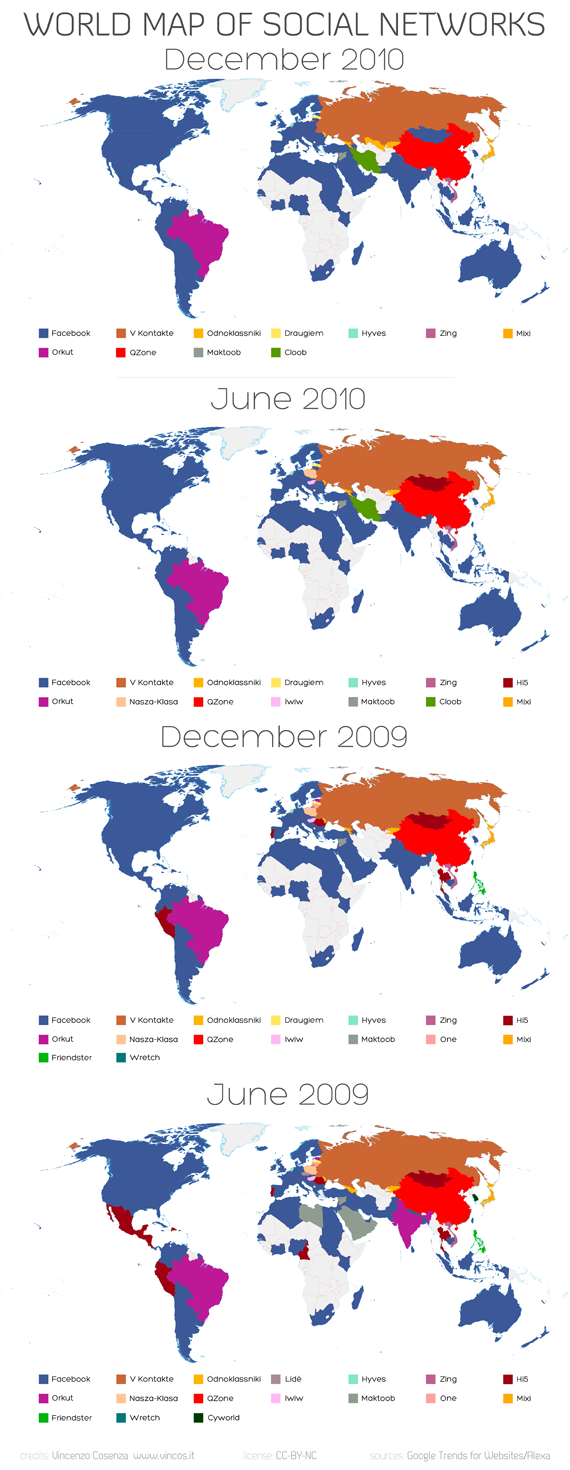Feb 8th 2007
An odd marriage of Muslims and secular socialists, united against America, is challenged by pundits of right and left
Scoopt.com

AS GEORGE BUSH prepares to send more troops to Iraq, his critics all over the Western world are bringing more protesters onto the streets—and the range of people who are angry enough to fill the icy air with chants of rage seems broader, and in some ways stranger, than ever.
On February 24th, for example, gallery-goers and pigeon-feeders should probably avoid London's Trafalgar Square, on which tens or possibly hundreds of thousands of people will converge from all over Britain, and farther afield, to demand the withdrawal of Western troops from Iraq—and while they are at it, oppose the renewal of Britain's nuclear arsenal. Tourists who do venture near the square will notice the odd sociology of the anti-war movement: the unkempt beards and unisex denims of old-time street fighters rubbing shoulders with the well-trimmed Islamic beards and headscarved ladies.
This leftist-Muslim partnership exists not just on the streets, but in the protest movement's heart. Britain's Stop the War coalition, which has organised more than 15 nationwide protests and hundreds of smaller events, was largely forged by two small, intensely committed bodies—the far-left Socialist Workers Party (SWP) and the Muslim Association of Britain, which is close to the international Muslim Brotherhood. These tiny groups have co-ordinated street protests by up to 1m people.
With its combination of an American-aligned foreign policy and a large, angry Muslim population, Britain is an unusual case among Western countries. But in many other places, too, Muslim grievance has been yoked to a broader anti-capitalist or anti-globalist movement whose leitmotif is loathing of the Bush administration and all its works.
An Italian Marxist involved in the “Social Forum” movement, which organises large, disparate gatherings of groups opposed to the existing world order, puts it this way. Almost everybody in the movement shares the belief that “capitalism and militarism” (both epitomised by America) are the main challenges to human welfare. If political Islam can blunt American triumphalism, then so much the better—even from the viewpoint of those who would never dream of donning a headscarf or upsetting a sexual minority.
At the micro-political level, co-operation between angry Muslims and secular socialists is not always smooth. In Britain, one of the offspring of the anti-war alliance has been the Respect Party, which combines a socialist platform with anti-Americanism and resistance to “Islamophobia”. But if Respect has remained small, that is partly because its core constituents are viewed warily, even within the Islamic-leftist fraternity. Many Muslim activists dislike the “control-freak” tactics they associate with the Brotherhood and its offshoots—and on the political left, the Respect Party has been eschewed by Greens and other radicals because of grandstanding by its SWP core.
And inevitably the partnership between secularists and Muslims faces hard moments. In Britain and the Netherlands, young Muslim activists (perhaps influenced by lefty comrades) have questioned their elders' harsh views on homosexuality—but they do not always win the argument. In the Netherlands, a Turkish-born Islamist, Haci Karacaer, tried to build bridges with the leftists (and gay-rights advocates) of the Dutch Labour party, only to be ostracised by fellow Muslims.
Just as Britain is the heartland of the leftist-Muslim partnership, it is also the main locus of a sharp and trenchant critique of political Islam. At its toughest, the argument of a new school of anti-Islamist leftists—mainly rehearsed on the internet—is that parts of the international left are now making as colossal a mistake as they did over Soviet or Chinese communism. They have let hatred of America and capitalism blind them to darker forces.
Two sorts of people have stressed this point: European ex-Marxists, embarrassed by their errors over Stalin, and dissident ex-Muslims from the Islamic world who have fled to the West and fear their hosts will “go soft” on their persecutors.
Last year's row over the publication in Denmark of cartoons satirising the Prophet Muhammad prompted a manifesto against the “new totalitarianism” of Islamism whose 12 signatories were in one or other of those categories. The five French-based signers included Bernard-Henri Lévy, a smooth Parisian pundit, and Philippe Val, an editor who faces a lawsuit from Muslims over the drawings.
The foundational texts of Britain's “anti-Islamofascist” movement include the Euston manifesto, so called because of the drafting sessions in a bar near a London station. This spoke of a threat from Islamism to causes that leftists hold dear, such as equality between sexes and sexual orientations. It denounces “disgraceful” alliances with “illiberal theocrats”.
Many European leftists see things quite differently, viewing Islamism as a potential ally against the American demon, and this has real consequences. In Italy, for example, the coalition headed by Romano Prodi, the centre-leftist prime minister, is under strain because its most left-wing parties are reluctant to vote more money for the American-led fight against Afghanistan's Taliban. One party, Communist Refoundation, dreams of an Afghan peace conference with the Taliban taking part.
The pundits who discuss these matters in cyberspace roll their eyes at such “appeasement”. Take the chief drafter of the Euston text, Norman Geras, a Manchester-based political scientist who grew up in white-ruled Rhodesia and still calls himself, with qualifications, a Marxist.
By studying the rise of Nazi Germany, Mr Geras says, he realised both the power and the limits of Marxist ideas: they help explain the economic forces that brought Hitler to power, but cannot explain certain “egregious forms of evil”—such as the regime of Saddam Hussein, whose downfall was an absolute imperative.
Nick Cohen, a peppery writer for Britain's centre-left media, has put flesh on the Euston manifesto's bones by listing the sins of the Islamic-leftist compact. Political Islam, he says, is not just a disaster for many causes (like feminism and gay rights) that the left cherishes; it also overturns the Enlightenment idea that diversity of opinion is desirable.
Paul Berman, a professor at New York University, is one of several Americans of liberal background who have joined the British denunciation of Islamofascism. He says the left's refusal to take sides in the internal battles of Muslim countries (between dissidents and oppressors) reflects an “angelic blindness” which mistakes violent reactionaries for charming exotica.
Such words will be shrugged off by those who see America as the main global foe. But there is a new voice in America's internal debate which might, in an odd way, embolden those who want social liberals and centre-leftists to lead the charge against Islamist authoritarianism.
Dinesh d'Souza, an Indian-born writer and hero of America's political right, uses a new book—with the provocative subtitle “The Cultural Left and its Responsibility for 9/11”—to argue that America's “progressives” are not just soft on political Islam, they have positively encouraged it.
By being decadent in its behaviour and thinking, America's liberal elite has given ground to self-appointed foes of decadence, such as the political Islamists, Mr d'Souza says; and he sees an antidote in American-style religious conservatism.
Here's a prediction. Most people on the Western liberal left will shrug off the call by Messrs Geras, Cohen, Berman and Lévy to “wake up” to the threat of Islamism. But Mr d'Souza will appal them so much that some may make a sudden dash for the barricades and join the fight against all theocracy, including the American sort.
.
.
http://www.economist.com/world/international/displayStory.cfm?story_id=8675234&fsrc=nwlbtwfree
.
.













